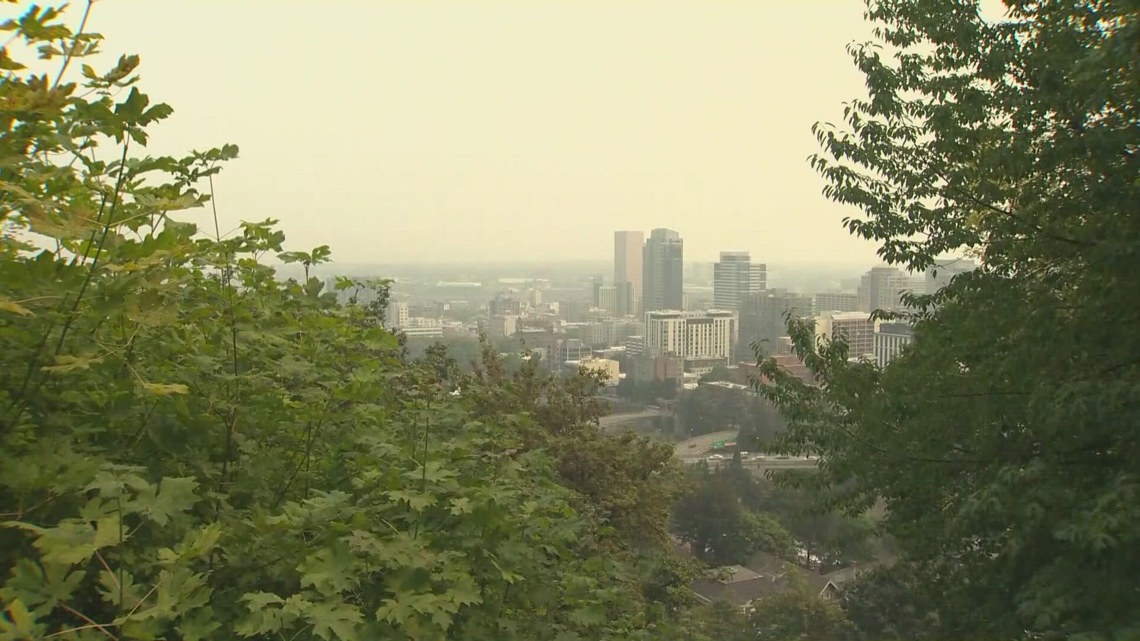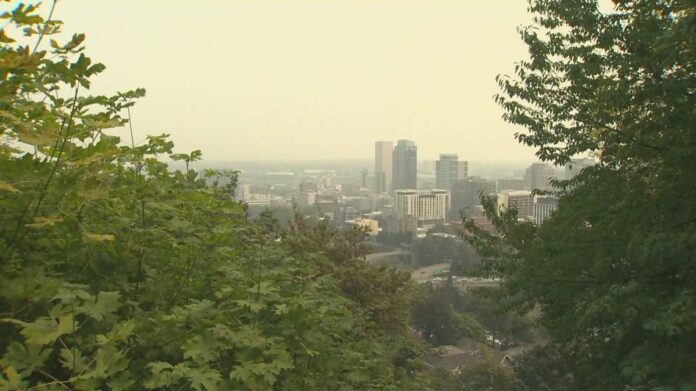
State scientists say federal draft report justifying environmental rollbacks is riddled with errors, from sea ice data to wildfire trends.
SHORELINE, Wash. — Washington state scientists are rebuking a federal draft report that could be used to roll back environmental regulations, calling its science inaccurate and misleading.
On Friday, the state Department of Ecology issued a formal condemnation of the U.S. Department of Energy report, which the Trump administration is using to justify revoking a 2009 government finding that climate change threatens public health and welfare. That “endangerment finding” underpins many pollution rules for cars, power plants and other sources.
The DOE report claims climate models have overstated warming, that long-term disaster trends show little change, and that climate has limited economic impacts. But state officials and outside experts say the document is riddled with basic errors.
One example: the report stated that Arctic sea ice has declined about 5% since 1980. It cited a chart from the National Snow and Ice Data Center — but the chart tracked Antarctic ice. In reality, Arctic sea ice has shrunk by more than 40%.
The Associated Press surveyed nearly 350 scientists cited in or familiar with the DOE and EPA documents. Of the 64 who responded, 53 gave the reports negative reviews. Only seven praised them.
In a letter to Energy Secretary Chris Wright, Ecology Director Casey Sixkiller accused the department of omitting decades of peer-reviewed evidence and violating federal standards for scientific integrity.
“This is not a game. Wildfire smoke, heat waves and drought are putting lives and livelihoods at risk here in Washington,” Sixkiller said.
The DOE report also claimed U.S. wildfire acreage had not increased since 2007. But Yale climate researchers, using National Interagency Fire Center data, found the opposite: the 10-year average burn rose from 6.5 million acres in 2007 to nearly 7.6 million in 2024.
“We’ve seen entire communities and homes burned down, and then many of the people in Washington have been affected by the smoke that lingers in the air for days, harming their public health,” said Jennifer Hennessy, special assistant to the Ecology director. “We know that downplaying those risks and those impacts is not helpful.”
Washington is legally required to reduce greenhouse gas emissions by an additional 45% below 1990 levels by 2030. Ecology officials warn that rolling back federal standards would make that target harder to reach.
KING 5’s Tess Wagner and the Associated Press’ Seth Borenstein and Michael Phillis contributed to this report.





